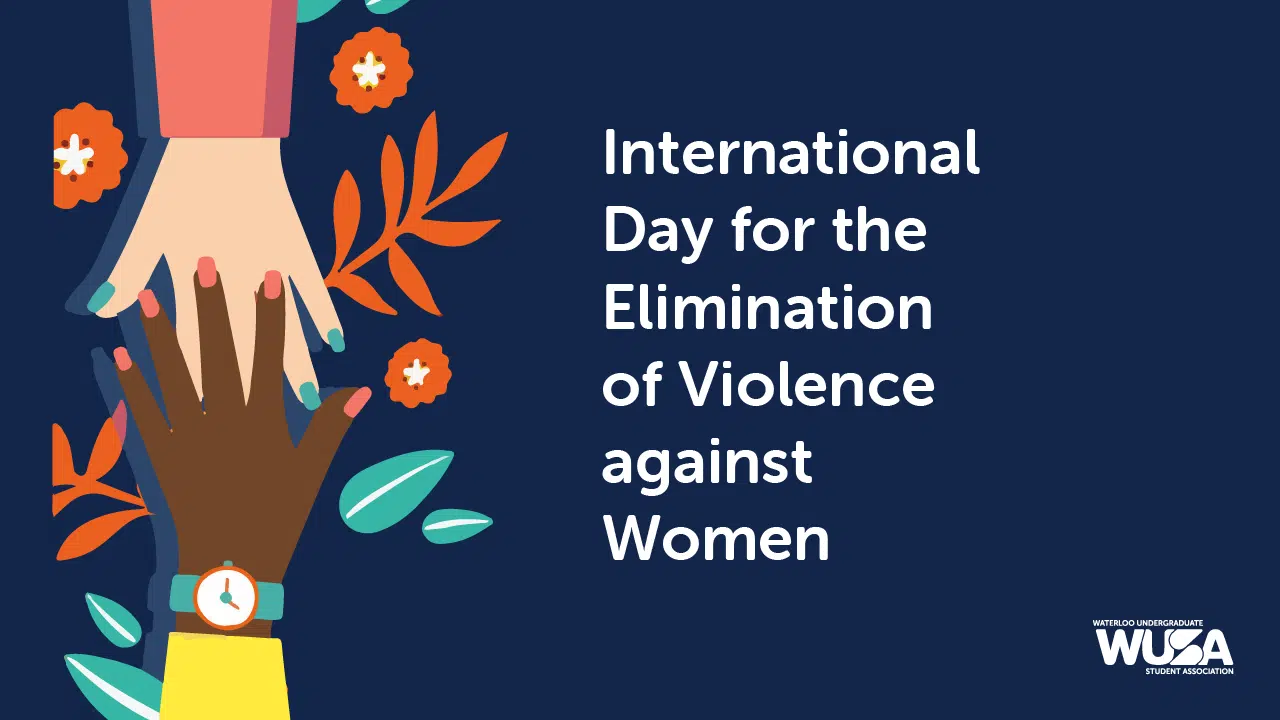International Day for Eliminating Violence Against Women

Since 1981, every November 25th has been the International Day for the Elimination of Violence against Women. This date is selected to memorize and honor the Mirabal sisters who were three political activists from the Dominican Republic. They were ruthlessly murdered by order of the country’s ruler, Rafael Trujillo (1930-1961) in 1960.
The Declaration on the Elimination of Violence against Women was first adopted through resolution 48/104 by the General Assembly on December 20, 1993. It lays the groundwork for eradicating violence against women and girls globally. On 7 February 2000, the General Assembly approved resolution 54/134 and officially announced November 25 as the international day for the Elimination of Violence Against Women. By inviting governments, international organizations, and NGOs to collaborate and plan events, this increases public awareness of these issues on this day each year.
This time also marks the end of the “Red Zone”; a term used to describe the time from September 1st to November 24th. During this period, students are returning to school, and with increased partying, they are statistically more likely to experience sexual assault and violence.
The campaign Reclaiming the Red Zone means being an active bystander and fighting for change here in our own community, as well as promoting consent awareness. A verbal and affirmative expression of consent can help both you and your partner to understand and respect each other’s boundaries. Consent is not continuing to engage with partners who are unenthusiastic, upset, or unresponsive; ultimately consent is all about informed and open communication between partners.
Reclaiming the Red Zone and the International Day for the Elimination of Violence against Women aims to provide proper education and awareness about protecting students – and all people, from experiencing sexual assault and violence; with hopes of making our communities a safer place, free from sexual violence.
A WUSA resource to check out: The Women’s Centre
The Women’s Center provides all women and trans folks with a female-positive and supportive environment on campus and the services are for everyone.
The Women’s Centre provides peer support with an intersectional lens and can help connect you with resources about sexual health, healthy relationships, mental health, and more. There are workshops, events, film screenings, and campaigns to educate on various issues through an intersectional feminist lens. Physical sexual health resources such as condoms, pads and pregnancy tests are also provided for students. The Women’s Centre also has an extensive library of over 900 books that cover a variety of topics surrounding all women and trans women including plays, poetry, queer theory, indigenous, philosophy/religion/spirituality and employment/education/economy!
More Resource links:
Sexual Violence Prevention and Response Office (SVPRO):
https://uwaterloo.ca/sexual-violence-prevention-response-office/resources
Women’s Centre:
https://wusa.ca/services/student-run-services/womens-centre/
University of Waterloo Sexual Violence Task Force:
It’s Never Okay: An Action Plan to Stop Sexual Violence and Harassment:
https://docs.ontario.ca/documents/4593/actionplan-itsneverokay.pdf
Human Rights, Equity and Inclusion (HREI):
https://uwaterloo.ca/sexual-violence-prevention-response-office/get-involved/consent-week
Links to learn more:
Campus Wellness Consent webpage: https://uwaterloo.ca/campus-wellness/sexual-health#Consent
The Women’s Centre: https://wusa.ca/services/student-run-services/womens-centre/
Shore Centre: https://www.shorecentre.ca/
Sexual Health Ontario: https://sexualhealthontario.ca/en/home
Our Campus Our Safety: https://www.scribd.com/document/589989655/Our-Campus-Our-Safety#fullscreen&from_embed
Shattering The Red Zone: https://www.shatteringthesilence.org/r
Published: Friday, November 25, 2022
